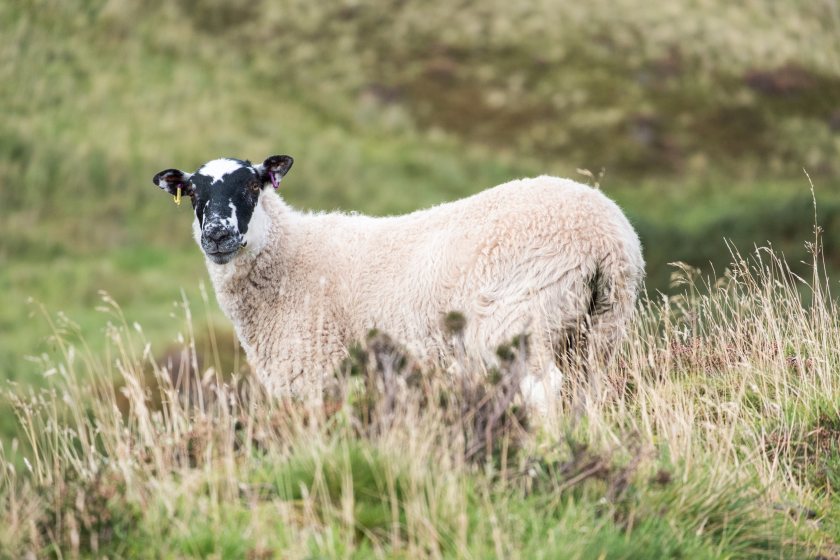
Britain’s iconic upland landscapes face an uncertain future unless urgent steps are taken to support the farmers who maintain them, the NFU has warned in a new vision for the sector.
The report outlines a pathway for government and stakeholders to collaborate with upland farmers – many of whom are tenants – to safeguard food production, deliver environmental benefits, and preserve the fabric of rural communities.
Upland farms are grappling with a sharp decline in direct payments and ongoing uncertainty surrounding the future of agri-environment schemes, on which nearly half of these farms currently rely.
Despite the challenges of farming in remote and demanding environments, upland farmers continue to lead in environmental delivery, food production, and landscape stewardship.
The NFU’s vision sets out a roadmap for the sector's long-term success, calling for upland farms to be prosperous, resilient, diverse, and innovative – enabling them to deliver both environmental outcomes and sustainable food production.
It also urges closer collaboration between policymakers and farmers to ensure that farm businesses are properly recognised, supported, and actively engaged in shaping and delivering environmental objectives.
In addition, the report highlights the cultural and heritage significance of upland landscapes, which underpin strong, vibrant rural communities where people live, work, and visit.
It further stresses the need for upland farm businesses to continue contributing to healthy ecosystems, climate mitigation, and progress towards national environmental targets.
NFU Deputy President David Exwood emphasised the essential role that upland farmers play in caring for some of the UK’s most valued landscapes.
“Upland farmers are the custodians of some of our most cherished landscapes. You can’t have ‘sunlit uplands’ without the people who made them that way."
However, he warned that these communities are under strain. “The reduction in direct payments, uncertainty over the future of agri-environment schemes – currently relied upon by nearly half of all upland farms – and the implications of the family farm tax are all placing enormous pressure.
“Our vision sets out clear actions for how government and stakeholders can work with upland farmers to secure their future and protect the landscapes they manage.
“These farms produce climate-friendly food, deliver public goods like flood mitigation and nature recovery, and sit at the heart of rural economies."
He concluded: "The roadmap is here – now we need targeted policies to unlock the full potential of upland farming.”
